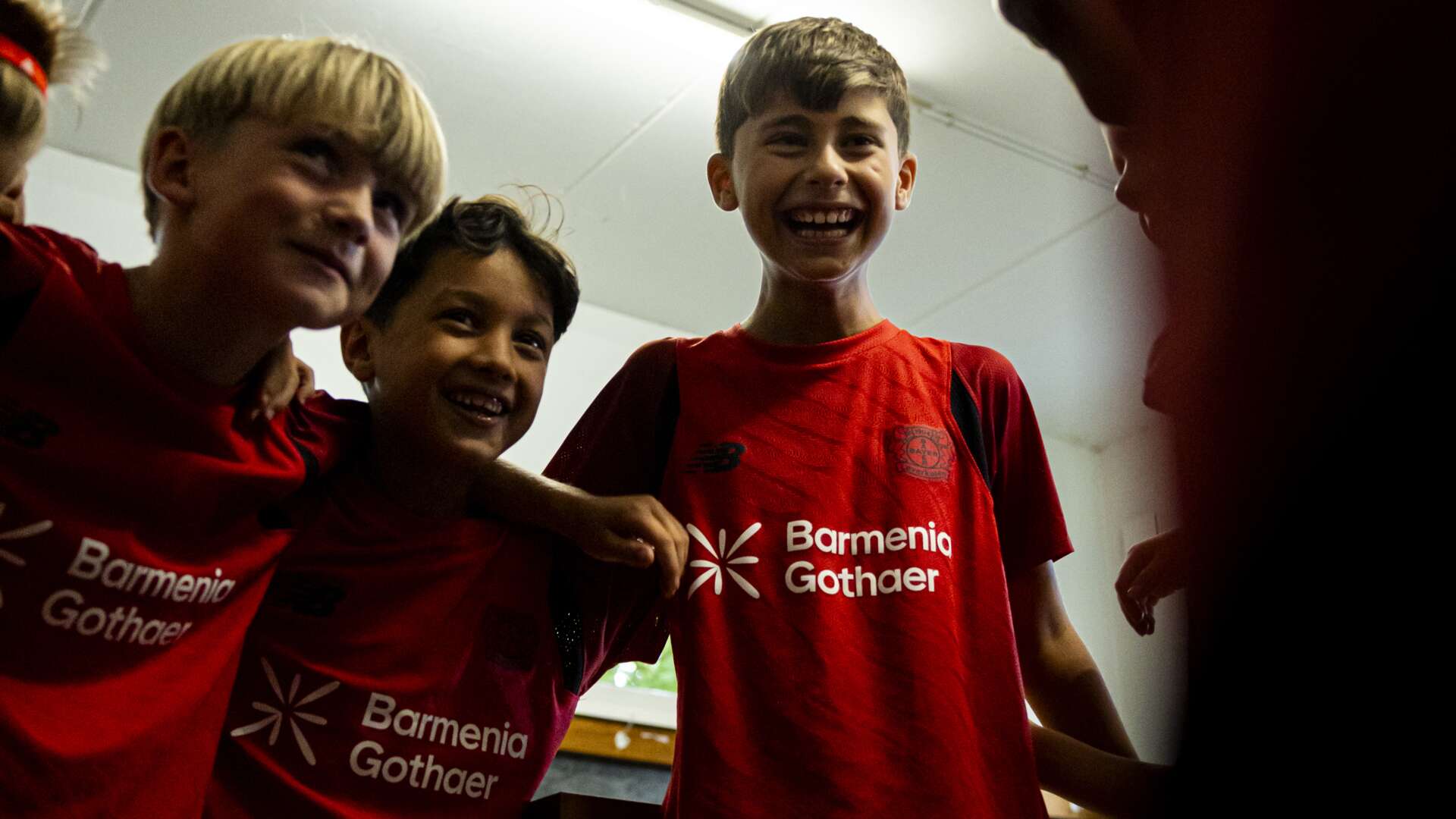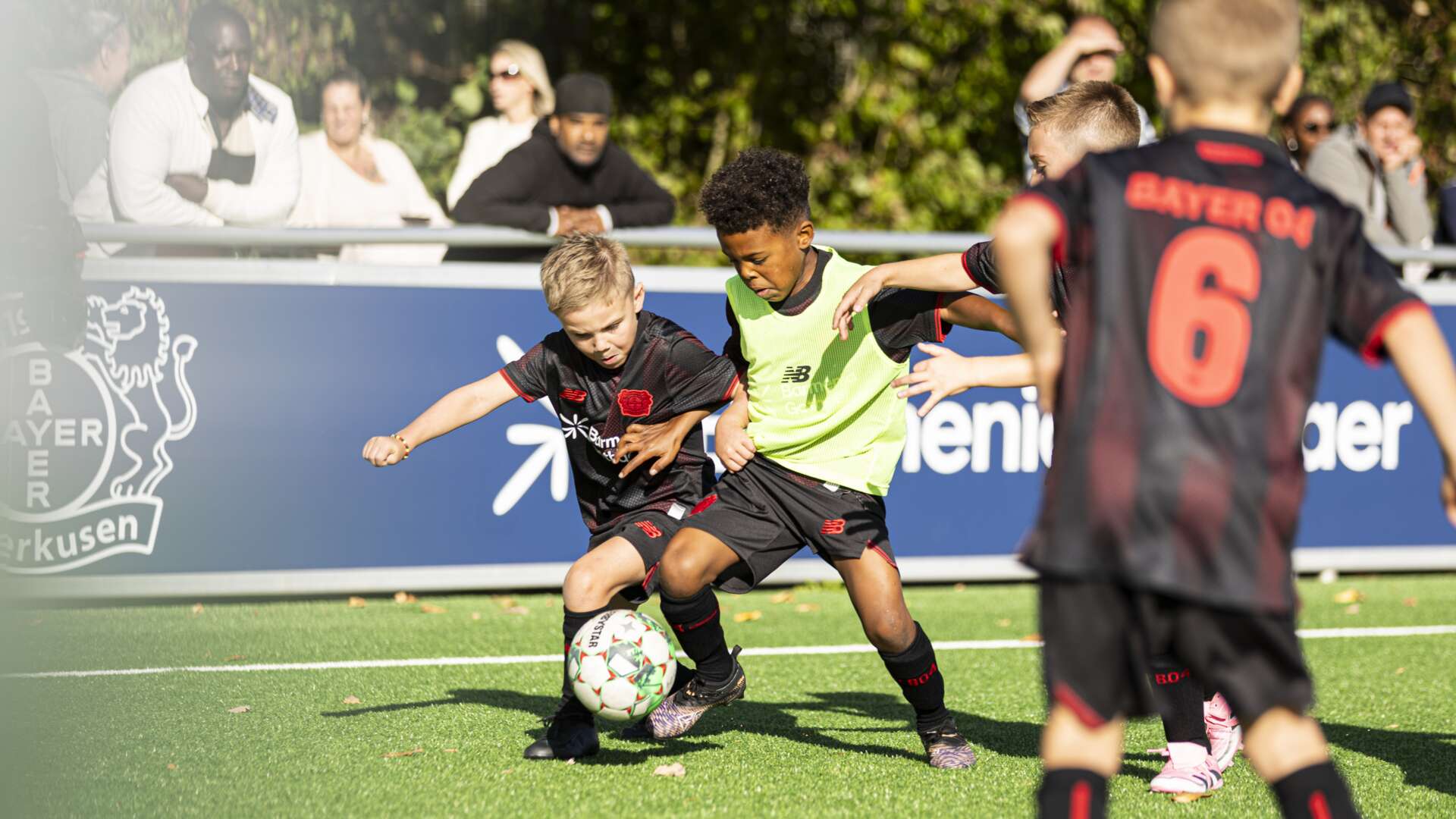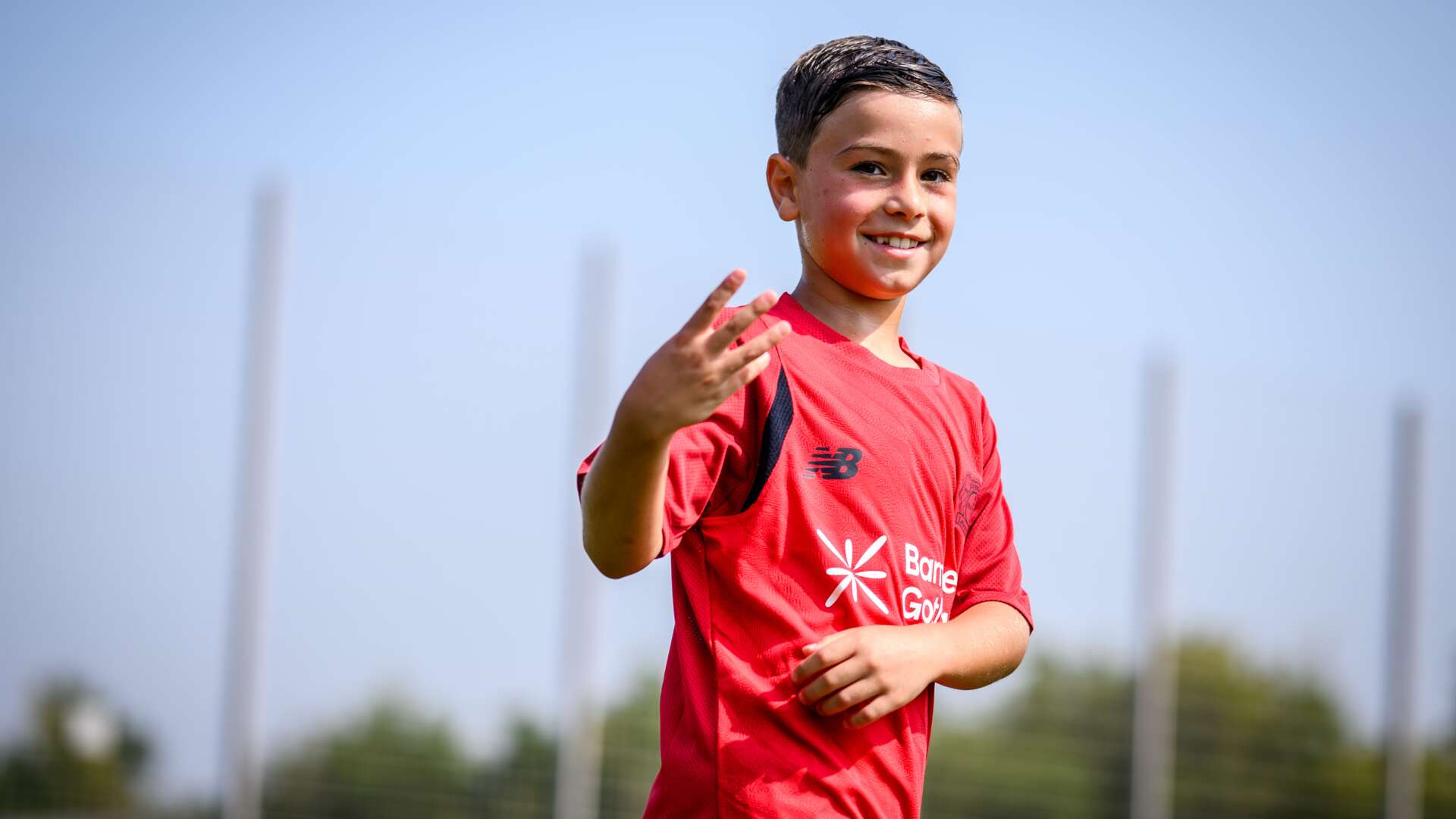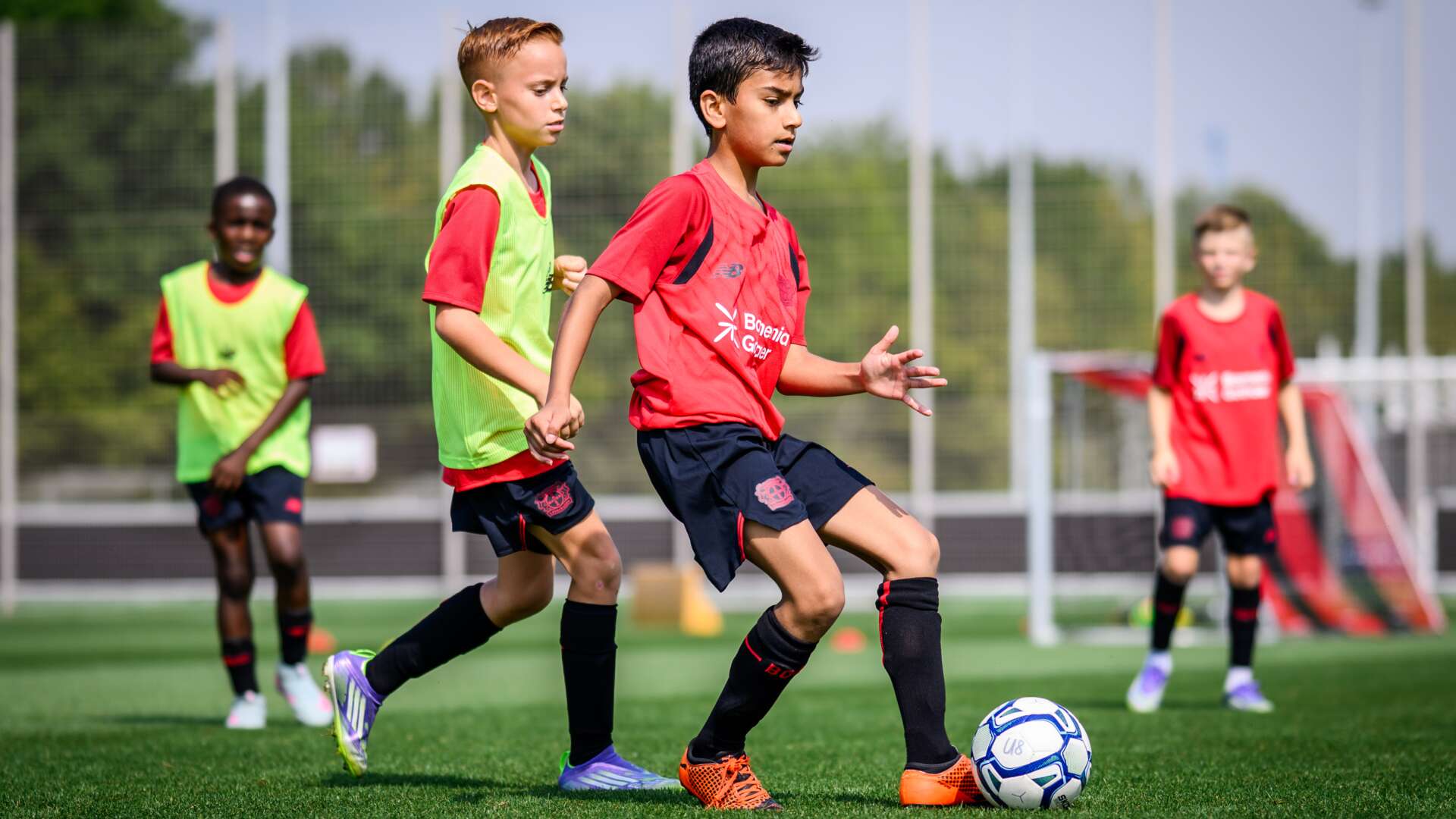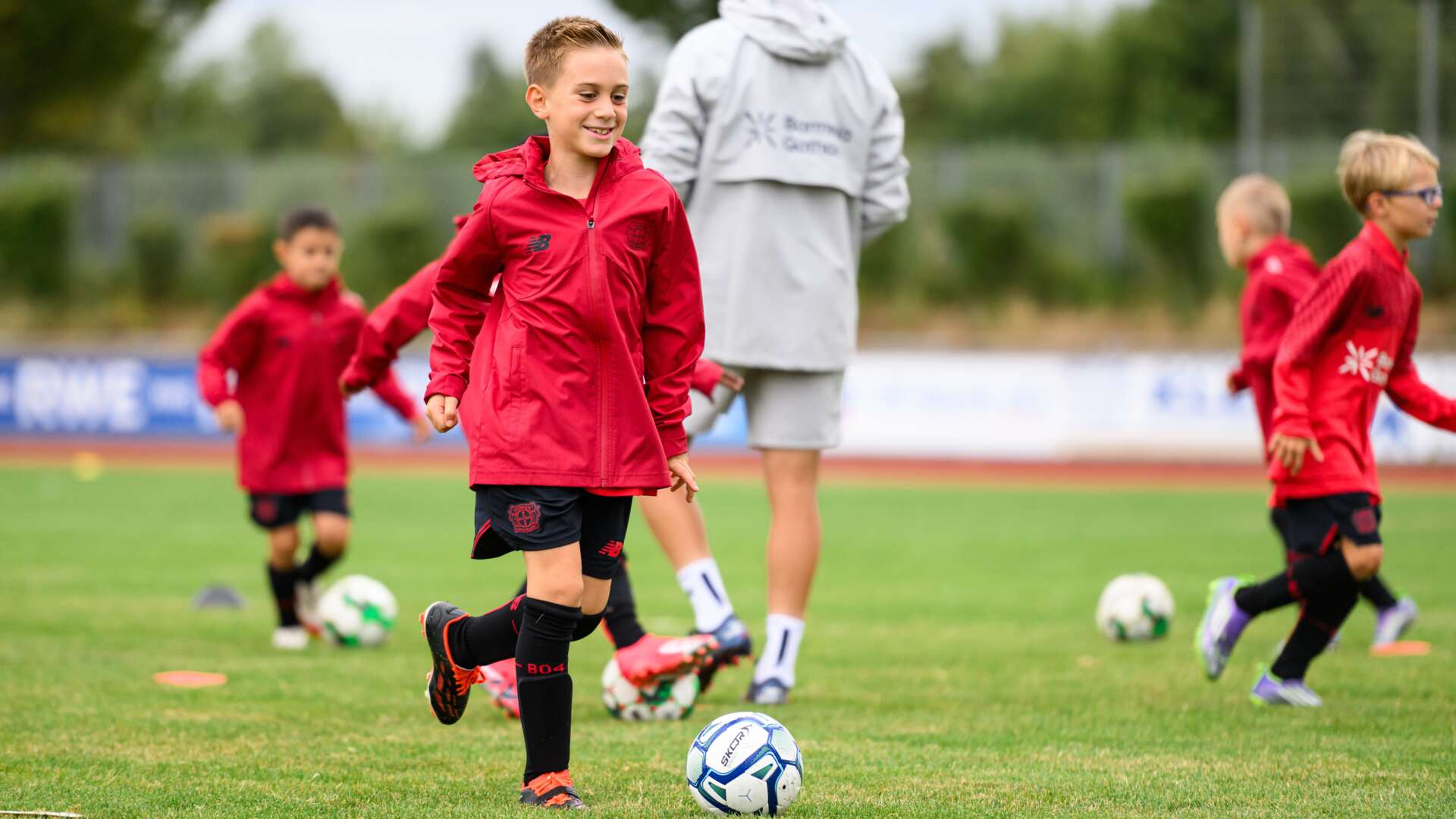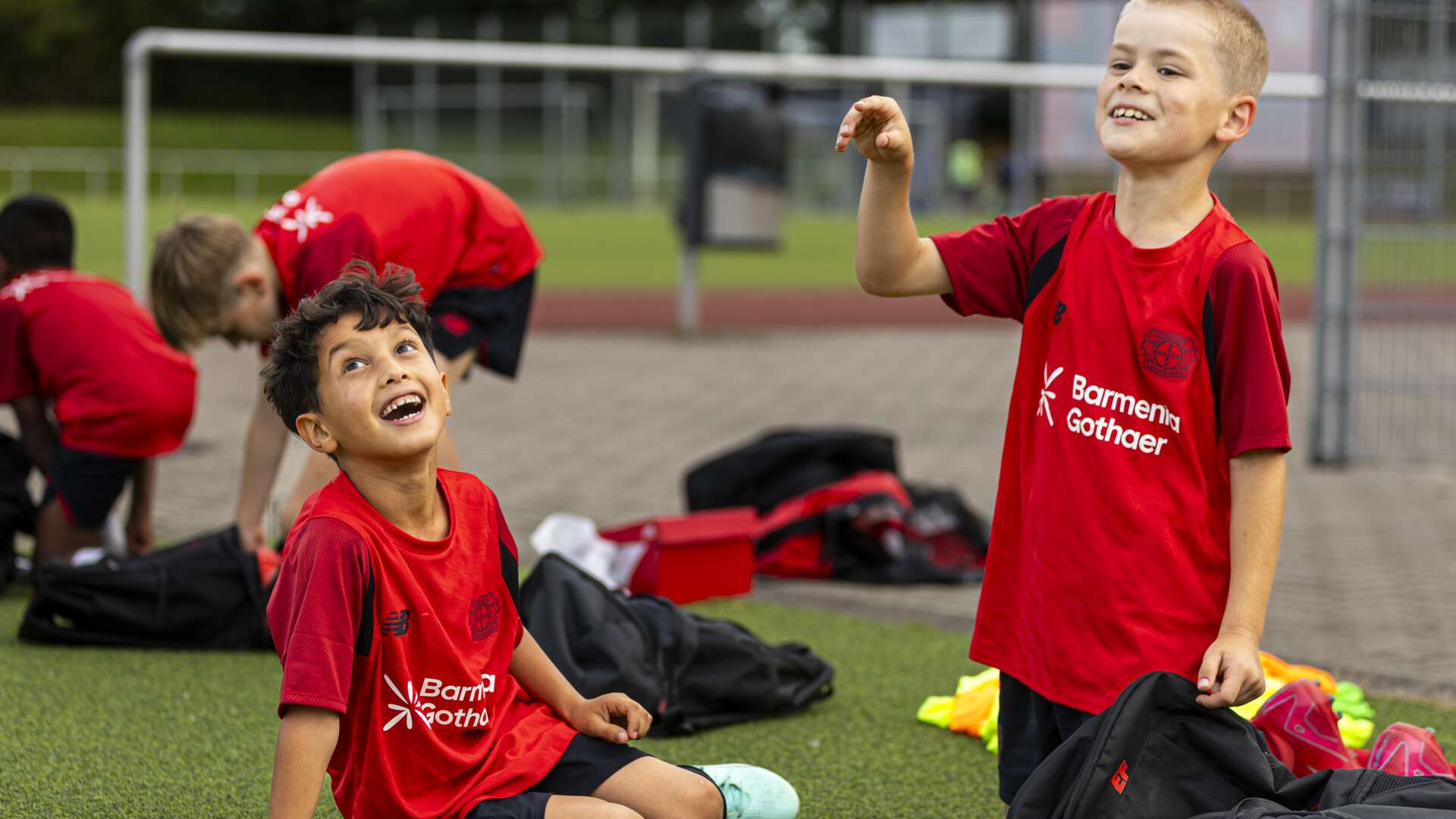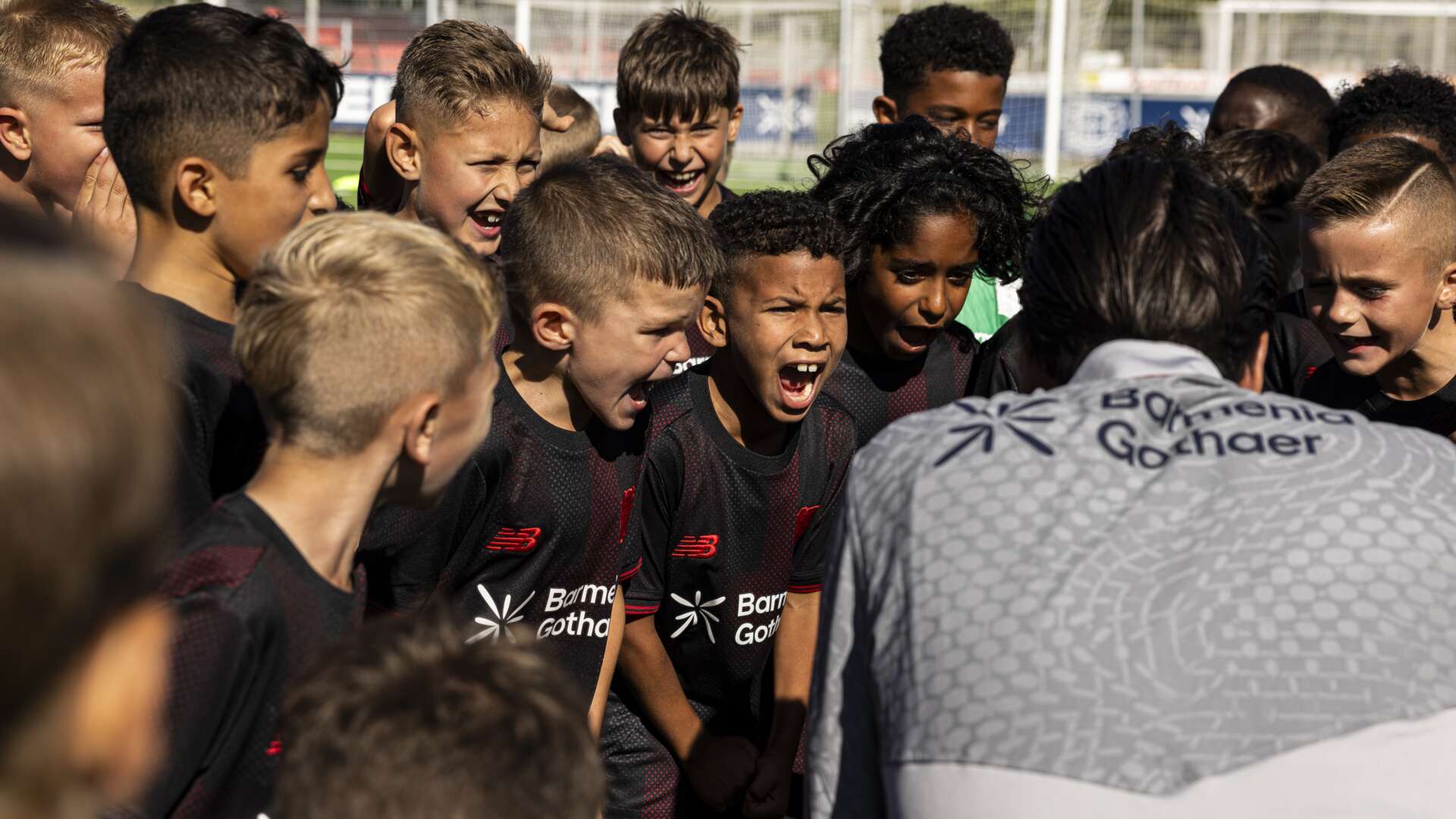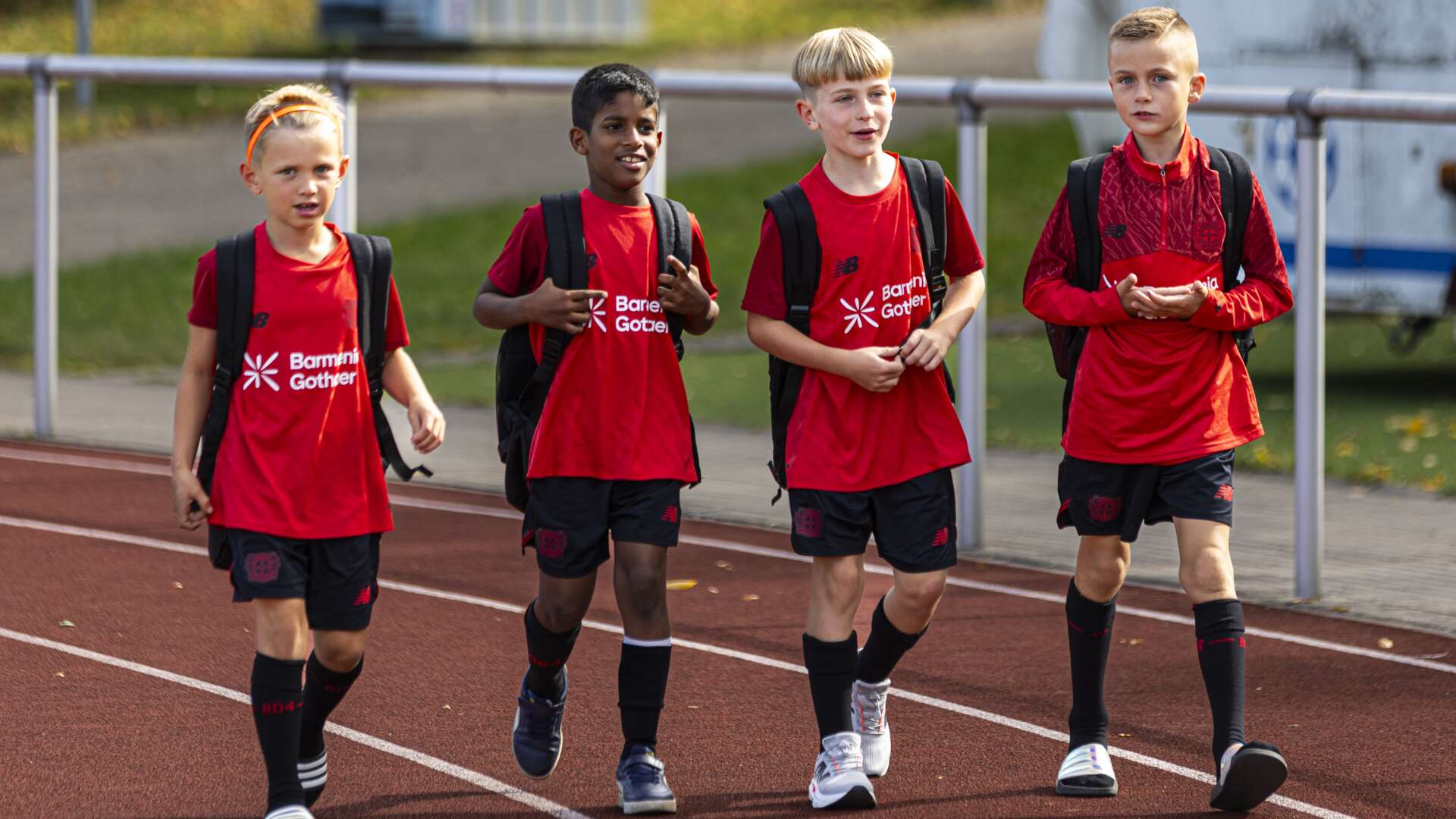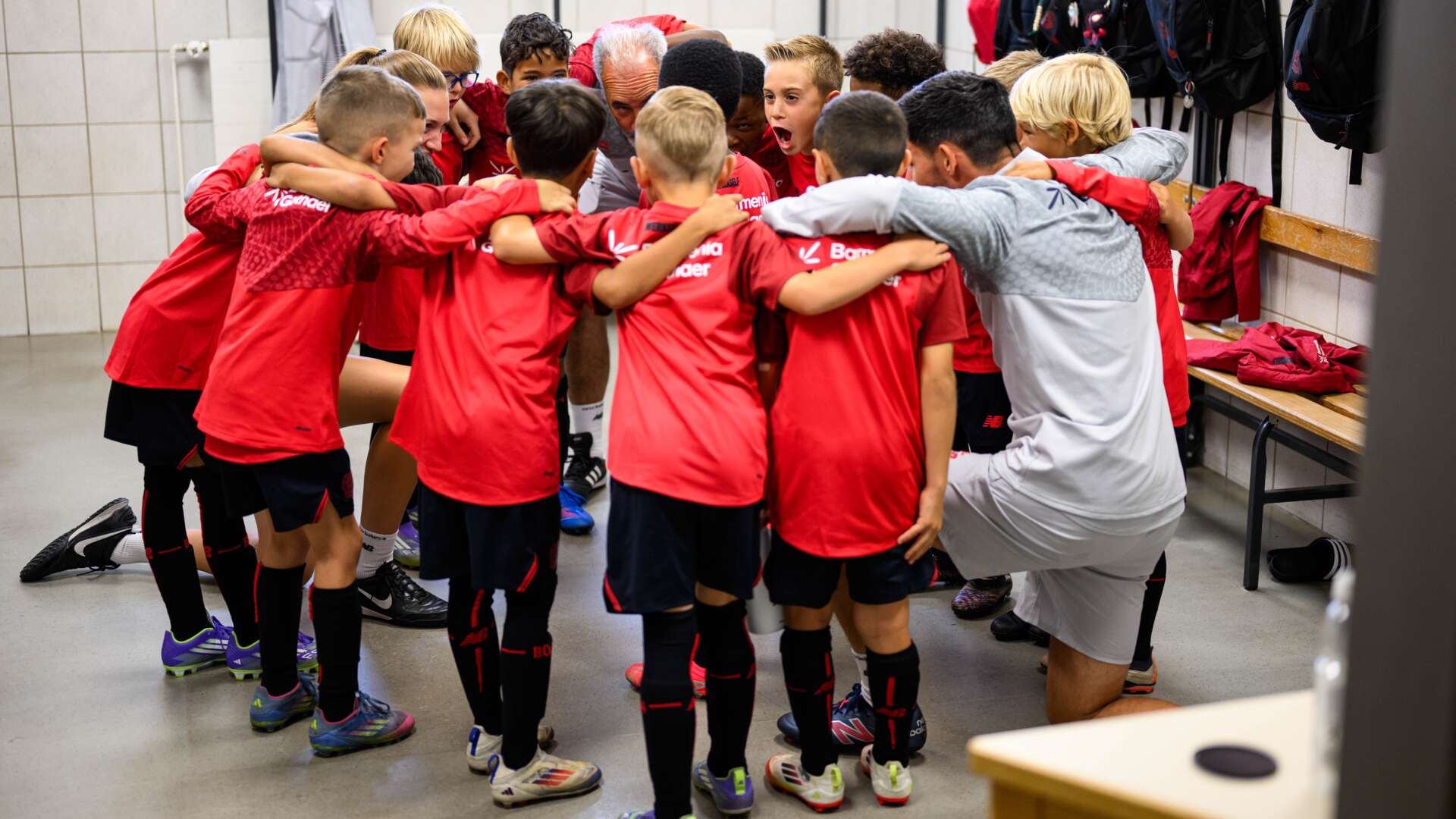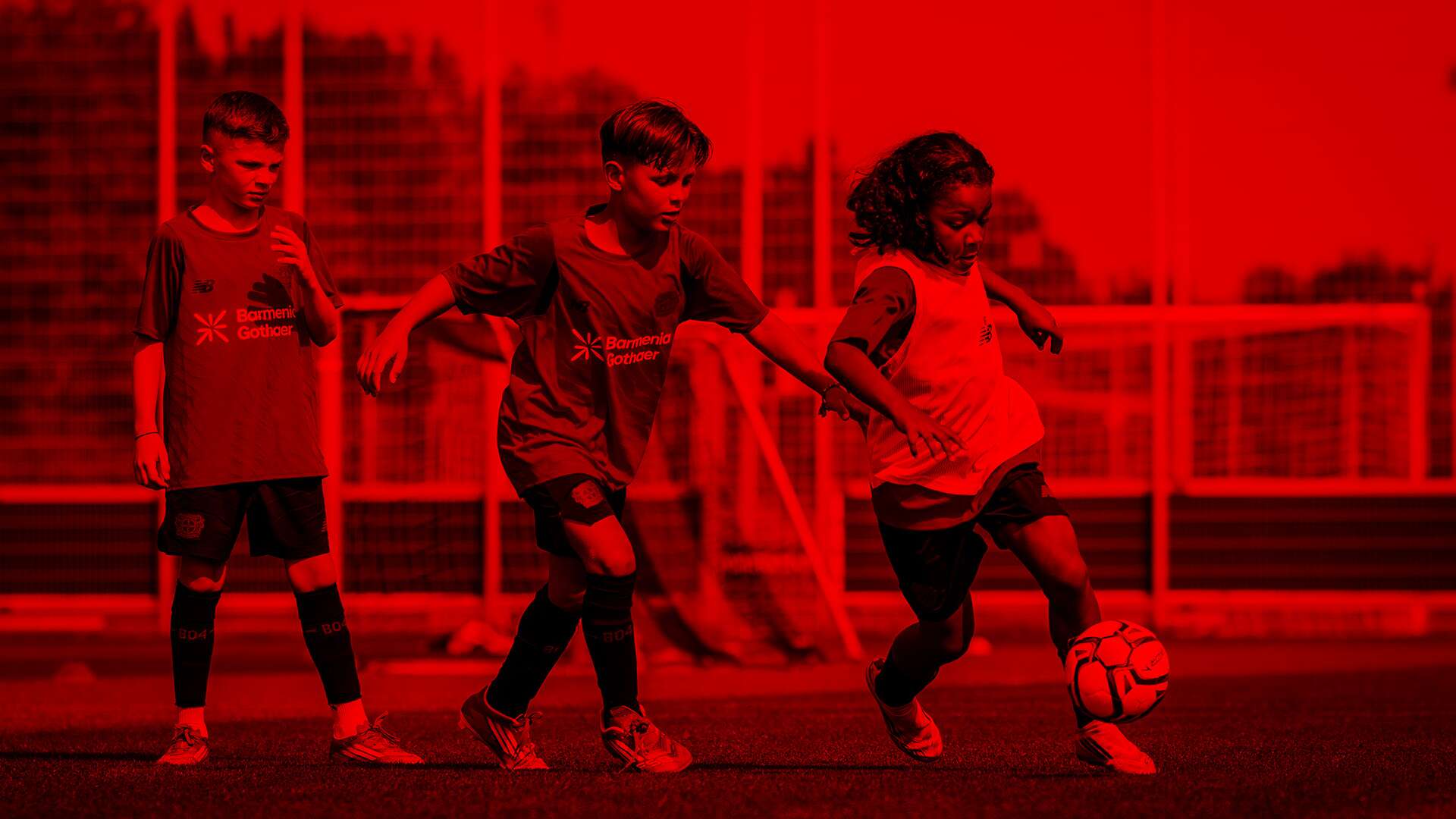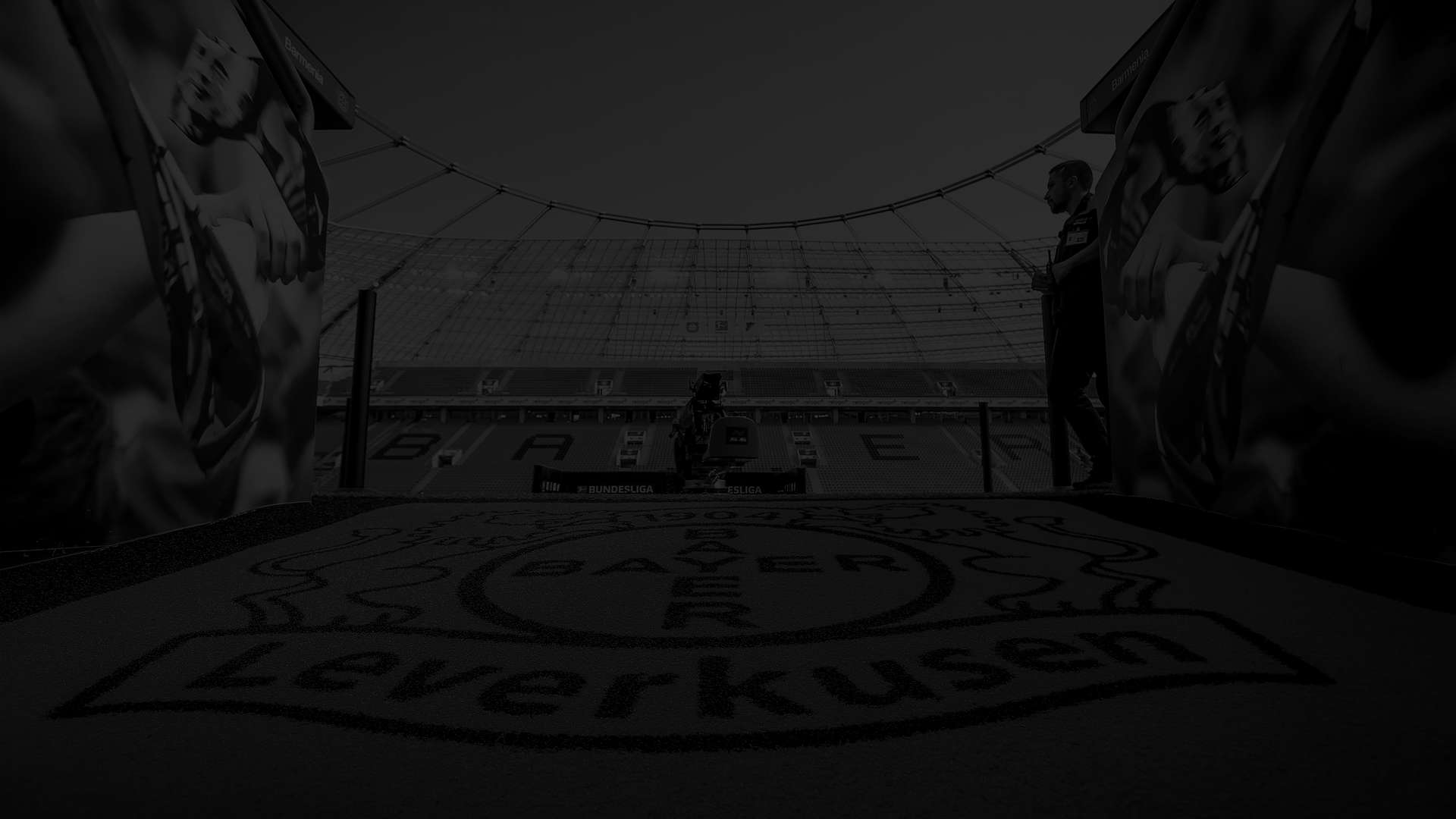Bayer 04-Future Kids
Innovative approach in children's football
The Bayer 04-Future Kids project initiated in 2024 has set new standards in German children's football. By setting up regional locations where children are trained by qualified Bayer 04 coaches, it aims to maximise the footballing development of young talents and, at the same time, prioritise the individual needs of the children and their families.
Starting at the Kurtekotten, Zündorf and Eschweiler locations, young football players from U8 to U10 age groups will also train and play for Bayer 04 at the Büderich near Düsseldorf and Wuppertal locations from the 2026/27 season.
Display videos
Yes, I'd like to see videos dispalyed.
Locations
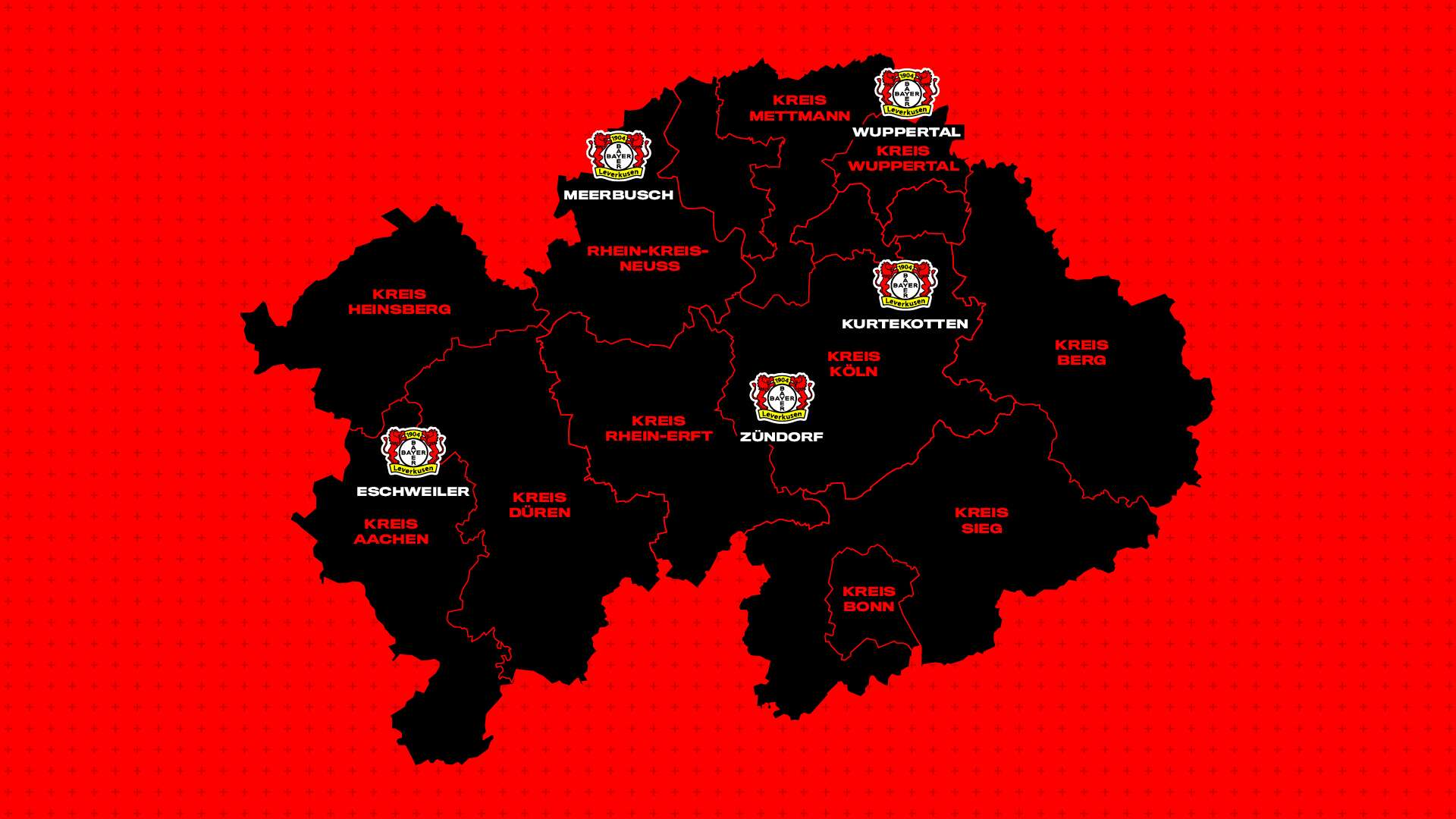
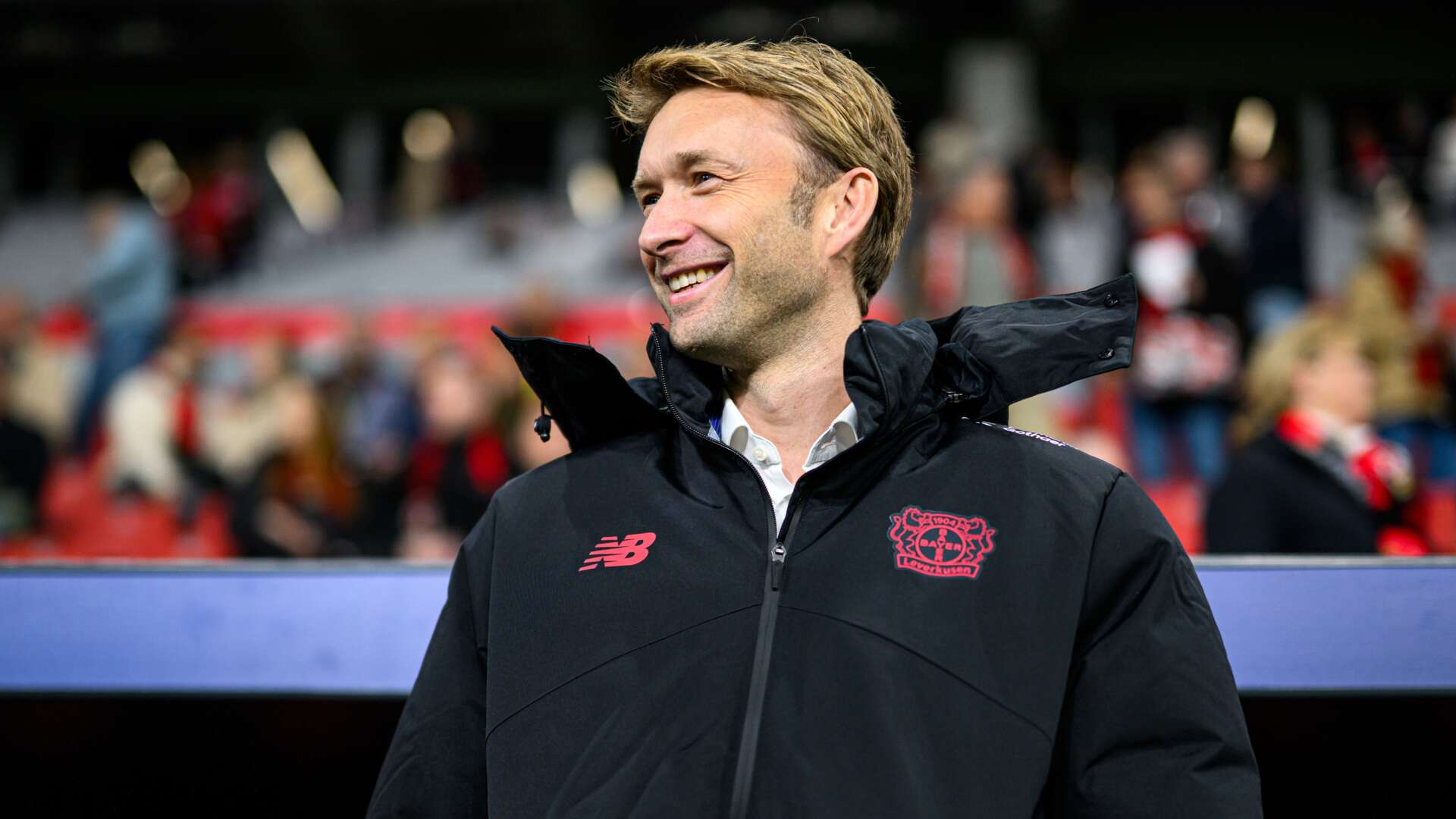
"With this project, we are taking an innovative approach for our youngest talents that ensures high-quality training and at the same time allows them to spend a lot of time with their families. This is particularly important for personal development at a very young age. At the same time, we as a club are ensuring that we discover the best players in the regions and retain them at Bayer 04 at an early stage."
Simon Rolfes, Managing Director Sport at Bayer 04
Aspects
The Bayer 04-Future Kids project has been set up according to the following three aspects:
:
+ Regionality
The regional locations are characterised by short travel distances, which significantly reduces the time required for the children and their families. In this way, Bayer 04 creates more space for individual and family activities without compromising the children's sporting development.
+ Quality
The training sessions at the local sites are led by highly qualified Bayer 04 coaches. They offer individualised and age-appropriate training that is tailored to the needs of each individual player. With two to three training sessions per week and regular competitions at the weekend - always for Bayer 04 - the club ensures that all players are supported at their performance levels.
+ Long-term commitment
The plan guarantees a commitment from the club for at least three years up to U10 level. This long-term perspective allows for a constant and sustainable development of the young players without the need for frequent changes and avoids unnecessary pressure on the children. This stability offers security and reliability for the children and their families.
News
Impressions
